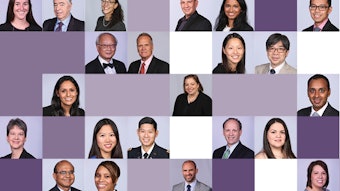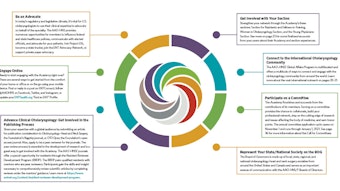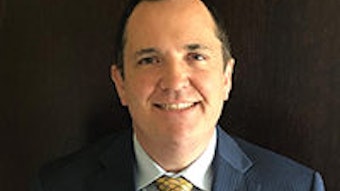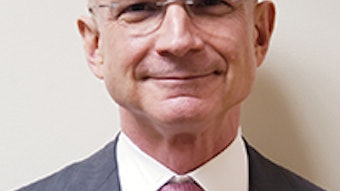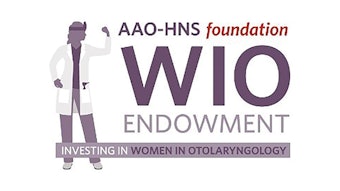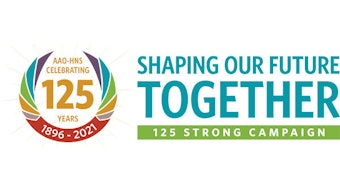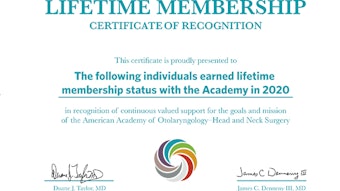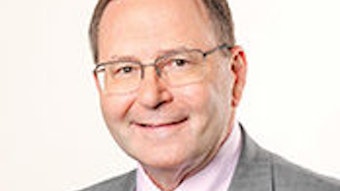“Clinical Consensus Statements” Are Now “Expert Consensus Statements”
The Guideline Task Force (GTF) has voted to change the name of Clinical Consensus Statements (CCS) to Expert Consensus Statements (ECS), and the AAO-HNSF Executive Committee has approved this name change. The change will apply to all upcoming documents planned for publication.
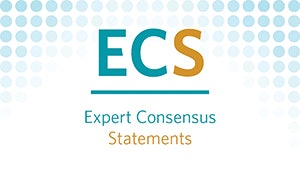
The Guideline Task Force (GTF) has voted to change the name of Clinical Consensus Statements (CCS) to Expert Consensus Statements (ECS), and the AAO-HNSF Executive Committee has approved this name change. The change will apply to all upcoming documents planned for publication.
Current list of published AAO-HNSF Expert Consensus Statements:
Ankyloglossia in Children
Balloon Dilation of the Eustachian Tube
Balloon Dilation of the Sinuses
Tracheostomy Care
CT Imaging Indications for Paranasal Sinus Disease
Diagnosis and management of nasal valve compromise
Pediatric Chronic Rhinosinusitis
Septoplasty with or without Inferior Turbinate Reduction
The current process of AAO-HNSF CCS development is outlined in the 2015 CCS Development Manual.1 “The AAO-HNSF defines clinical consensus statements (CCS) as statements based on expert opinion and the best available research evidence for which consensus is sought using an explicit a priori methodology to identify areas of agreement and disagreement. The resulting statements for which consensus is achieved identify opportunities to improve patient care and clinical outcomes.”1 The CCS development process includes identifying a specific clinical topic, convening a panel of content experts, and using a modified delphi method to come to a consensus on statements regarding that topic.
The change from “Clinical Consensus” to “Expert Consensus” is being made to highlight the use of expert evidence in the development of these documents. Expert evidence is defined as observations or experience from an expert (patients, patient proxy, health professionals). The use of expert evidence in the development of guidelines has been outlined by Holger J. Schünemann, MD, PhD, and colleagues in the article “Distinguishing Opinion from Evidence in Guidelines.”2 This article notes the following about expert evidence in guidelines:
- Must have systematic, transparent methods to collect and appraise expert evidence to minimize recall and cognitive bias
- Expert evidence applies most to questions not easily answered with evidence but still important in making a recommendation
- Establish rules for when expert evidence can be introduced, with a process for declaring and managing conflicts of interest
- Collect and appraise expert evidence systematically, with a level of evidence similar to case reports and case series
The current AAO-HNSF CCS Development Manual aligns with these criteria above and therefore the name change from “Clinical Consensus Statements” to “Expert Consensus Statements” is appropriate.
Read the current AAO-HNSF CCS, soon to be published as ECS, at https://www.entnet.org/content/expert-consensus-statements
References:
- Rosenfeld RM, Nnacheta LC, Corrigan MD. Clinical Consensus Statement Development Manual. Otolaryngol Head Neck Surg. 2015;153(2 Suppl):S1-S14.
- Schünemann HJ, Zhang Y, Oxman AD; Expert Evidence in Guidelines Group. Distinguishing opinion from evidence in guidelines. BMJ. 2019;366:l4606.





